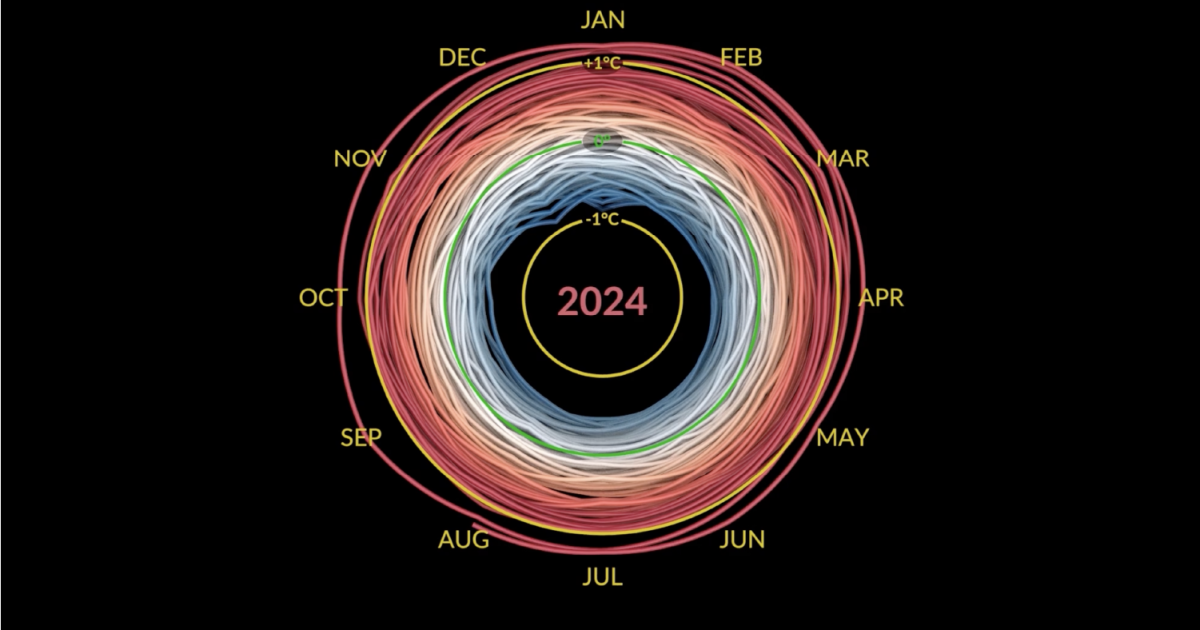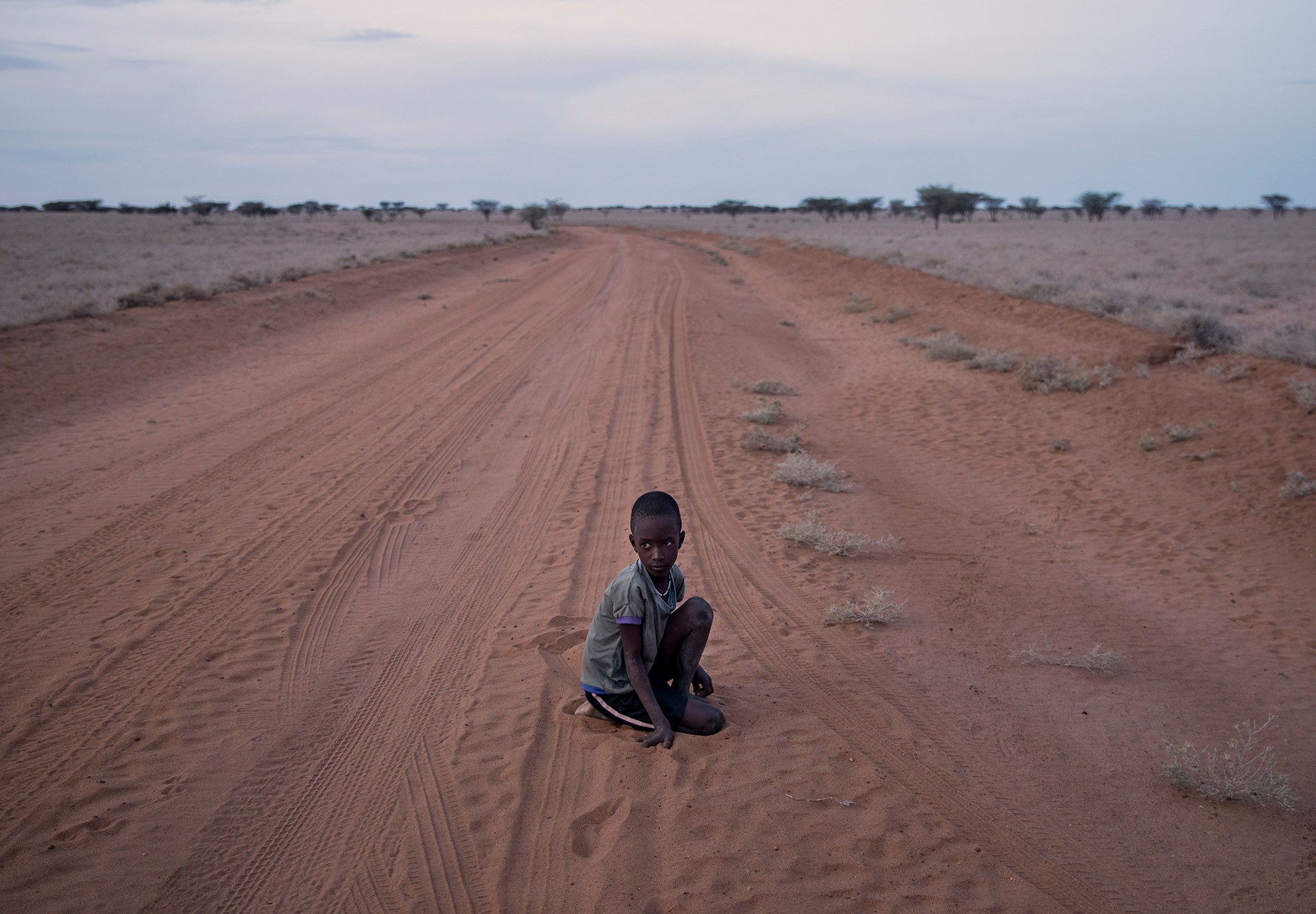

After making landfall on Carriacou island in the Caribbean on July 1, Beryl continued to strengthen, becoming the earliest Category 5 hurricane ever recorded in the Atlantic basin by the United States's National Oceanic and Atmospheric Administration (NOAA) on July 2.
JULY
On 22 July, 2024, Earth experienced its warmest day ever as the daily global average temperature reached a new high, at 17.16 degrees Celsius (62.9 degrees Fahrenheit), according to Copernicus Climate Change Service (C3S) data which began in 1940.
This breaks the previous record of 17.09C (62.7F), set just one day earlier on July 21, 2024. It also surpasses the 2023 record of 17.08C (62.8F) and marks a staggering leap from the 2016 record of 16.79C (62.2F).
The global average temperature is the average across all the hottest regions, coldest regions and everywhere in between. This metric is a crucial indicator of the changes occurring within Earth's complex systems.

“What is truly staggering is how large the difference is between the temperature of the last 13 months and the previous temperature records. We are now in truly uncharted territory and as the climate keeps warming, we are bound to see new records being broken in future months and years,” the EU climate monitor’s director, Carlo Buontempo, said in a statement.
Cities in Japan, Indonesia and China registered record heat in the days prior to the record. Gulf countries experienced temperatures that exceeded 60C (140F) when factoring in humidity while some European countries saw temperatures surge to 45C (113F).
AUGUST
August brought the warmest summer since records began in the Northern Hemisphere to a close, the European Union's climate change monitoring service said.
"The globe has experienced the hottest June and August, the hottest day on record and the hottest boreal summer on record," said C3S deputy director Samantha Burgess.
Meanwhile, in the Southern Hemisphere, Australia recorded its hottest winter day on August 26, with Yampi Sound, in the Kimberley region of Western Australia, reaching 41.6C, and its warmest August on record.
The area-averaged mean temperature for winter was 1.48C above the 1961 - 1990 average, making it the second-warmest winter on record.
Western Australia had its warmest winter since records began in 1910, while South Australia, Victoria, New South Wales and Queensland ranked this winter among the 10 warmest.

SEPTEMBER
A low-pressure system named Boris brought torrential rains to central Europe, causing some of the worst flooding in nearly 30 years.
Between September 11 and 18, parts of the Czech Republic, Austria, Poland and Slovakia received three months' rainfall in just five days. The deluge flooded streets, submerged entire neighbourhoods and disrupted public transport and electricity in several areas.

On September 18, water levels along the Oder river in southeastern Poland exceeded the highest alert category designated by the country’s Institute of Meteorology.
Related News

At least 6,000 inmates escape from Mozambique jail: What we know

Israel bombards hospital, school in Gaza, a day after Nuseirat massacre

Photos: Kenya’s devastating drought is the worst in 40 years

